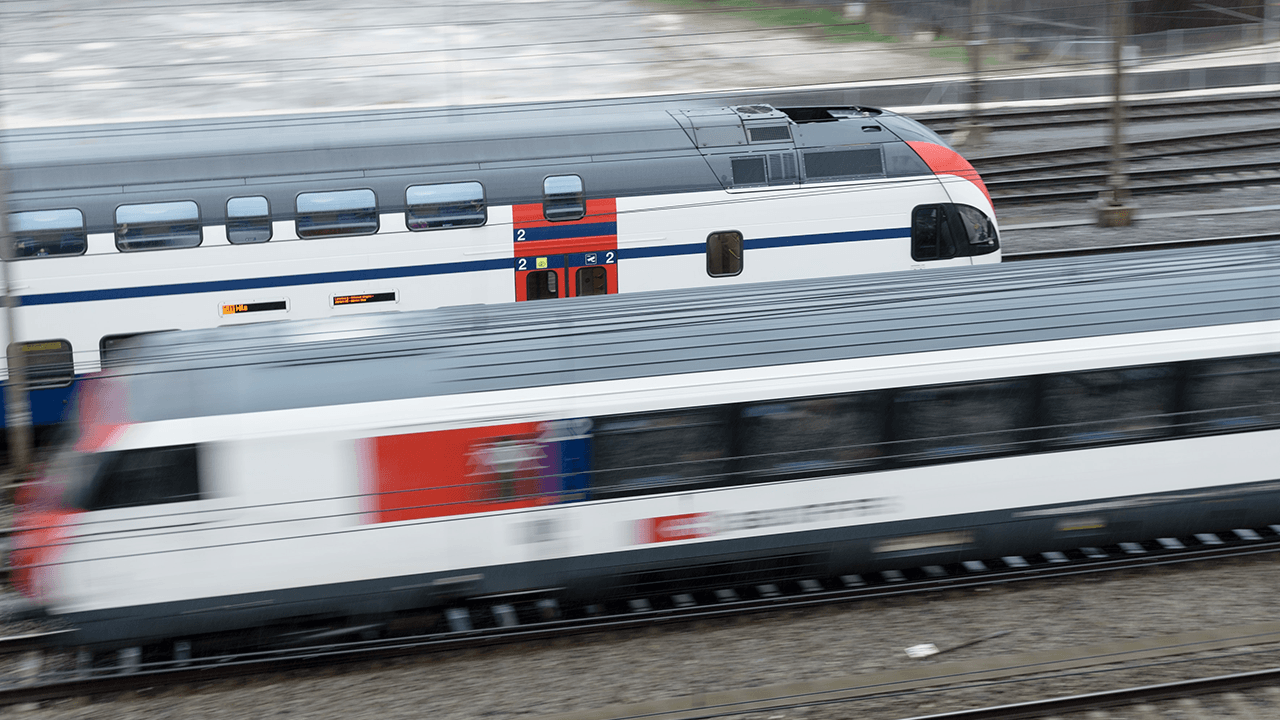Three-quarters of the world’s €94 trillion in gross domestic product is made up of heavy industries, such as manufacturing, material production and extraction, and logistics. At the same time, generative AI is still a largely untapped opportunity for these traditional sectors.
An economic imperative
A recent McKinsey report highlights the substantial potential of generative AI in creating additional value for the global economy. With total economic benefits ranging from approximately €5.7 trillion to €7.4 trillion, generative AI could create value above what could be unlocked by other AI and analytics. For Europe, the integration of generative AI is not just an opportunity — it's an economic imperative.
AI is reshaping the future of business
First and foremost, leveraging the power of generative AI is about staying competitive on the global stage. European industries have long been the backbone of the continent's prosperity and the heated global competition brings the risk of losing any established competitive edge. Simultaneously, it also brings a distinct opportunity for leapfrogging in adopting AI technologies. In Europe, a diverse range of advanced industries, such as machinery, automotive, and agriculture, have the potential to reinvent themselves as generative AI is reshaping the future of business.
Europe stands at a crossroads where it must bolster its industrial operations with resiliency, flexibility, and agility to respond to ever-shifting market conditions. The COVID-19 pandemic revealed unforeseen vulnerabilities in global supply chains that depend on human contact.
Generative AI could enable labor productivity growth
The emerging AI technologies offer a chance to address these. Generative AI solutions can drastically accelerate productivity, generate supply chain efficiencies, reduce operating costs, enhance sustainability, as well as reduce exposure to tight labor markets in an economy where the labor pool is growing ever more slowly.
According to the McKinsey report, generative AI could enable labor productivity growth of 0.1 to 0.6 percent annually through 2040.
The power of generative AI lies in its scalability
Is Generative AI ready as technology for industrial scaling? It’s an unfolding reality but one thing is for certain, companies that get in early on this technology stand to gain the most. For industrial firms, keeping up isn't just smart — it's imperative.
We are in the midst of a technological revolution comparable to the internet in the late 1990s. Yet, the trajectory for generative AI is set to be steeper with adoption swifter than anything we’ve witnessed with the rise of companies like Amazon and Google during the dotcom boom.
This isn't a speculative trend like the metaverse or cryptocurrency — it's a definitive game-changer. We're on the brink of seeing new billion-dollar ventures emerge, from startups to established firms, all leveraging the creative power of generative AI. It’s clear that companies need new ways to collaborate, as no single organization can independently build all the necessary capabilities and solutions.
Lead image: Photo by Kajetan Sumila



Would you like to write the first comment?
Login to post comments